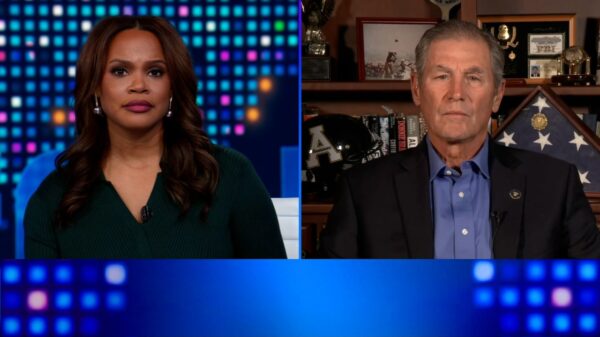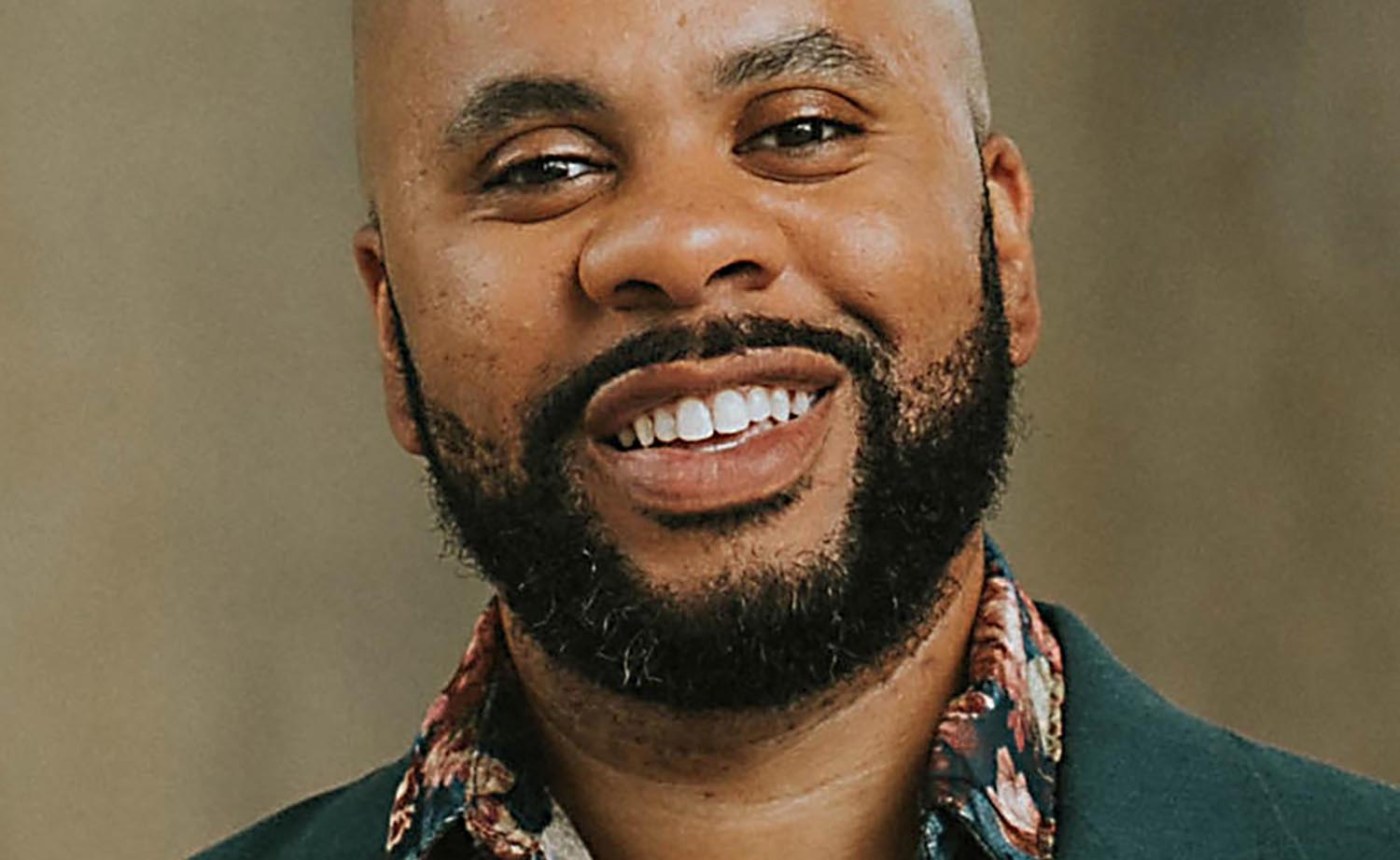New insights reveal a heartfelt dilemma faced by a reader known as Loving But Mortified, who has expressed urgent concerns over her husband’s changed appearance following a serious illness. The situation has escalated, prompting her to seek immediate advice on how to cope with her growing embarrassment.
The letter, addressed to advice columnist Eric Thomas, highlights that after more than 40 years of marriage, her husband’s physical transformation has become a source of distress, especially in social settings. Despite having maintained a meticulous appearance for years, the husband’s health challenges have led to significant weight gain, resulting in ill-fitting clothing that exacerbates the issue.
In her letter, Loving But Mortified explains that her attempts to address the situation gently, including reminders about clothing choices, have been unsuccessful. “I can tolerate this at home, but not when we are around other people,” she states, emphasizing her discomfort. Her husband’s doctors have recommended weight loss, but there has been no change, raising the stakes for her emotional well-being.
Eric Thomas responded with compassionate advice, highlighting the importance of acceptance and understanding in relationships. He noted that the husband’s struggle to adapt to his new physique, particularly after a serious illness, is significant. “Sometimes with loved ones, the hardest thing to do is to say, ‘this is where he is right now’,” Thomas advised, encouraging the wife to redirect her feelings of embarrassment toward compassion.
The response from Thomas has resonated with readers, many of whom can relate to similar situations where physical changes and health issues affect relationships. He also suggested a potential solution: purchasing new clothing for her husband without emphasizing the current issues, allowing him to feel good in his attire.
In a separate but related query, another reader, referred to as Broken Marriage, reached out to Thomas regarding her husband’s emotional affair with a co-worker. The revelation came as a shock to her, and she is struggling with feelings of paranoia and anxiety after discovering the betrayal through his phone.
Thomas emphasized the importance of mutual effort in healing the relationship, questioning what steps the husband is taking to mend the trust that has been broken. He urged the reader to consider professional help again, despite a previous negative experience with marriage counseling.
The responses from Thomas are gaining traction across social media platforms, as readers share their own stories of love, loss, and the challenges of accepting changes in long-term partnerships. The urgent nature of these letters reflects a broader societal issue regarding personal relationships and the emotional toll of physical and emotional changes.
As discussions continue to unfold, both letters spotlight the necessity for open communication and understanding in navigating the complexities of marital relationships. Readers are encouraged to engage with the content and share their thoughts, contributing to a growing dialogue about acceptance and support in love.
For more insights and advice, send your questions to R. Eric Thomas at [email protected] or follow him on Instagram @oureric.





































































